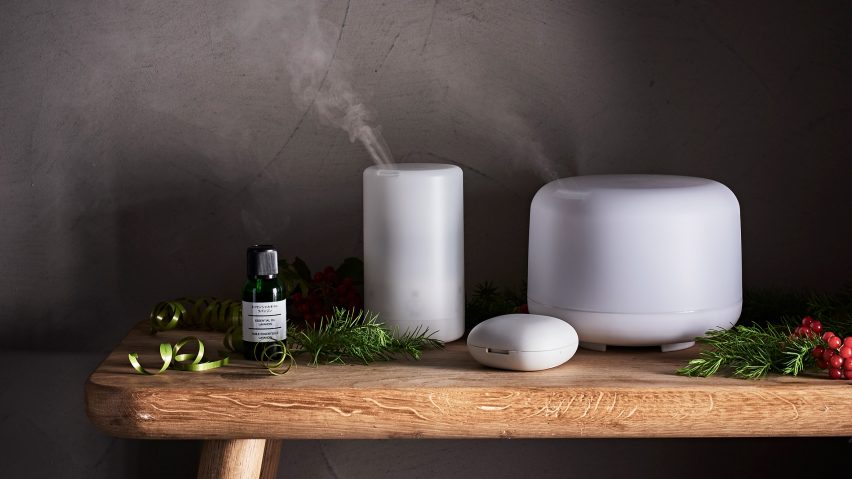Aromatherapy – the practice of using essential oils for therapeutic purposes – is a huge growing trend. So much so that the essential oil market is set to experience a compound annual growth rate (CAGR) of 7.5 percent over the next few years.
Since indirect inhalation is one of the most effective ways to benefit from essential oils, more and more people are buying scent diffusers to go with their favorite oils. These diffusers break down the aromatic compounds of essential oils, allowing your chosen scent to fill your home and boost your health at the same time.
But what factors should you consider when choosing a diffuser? Keep reading to find out!
1. Know the Different Diffuser Types
As this varied collection of Aromatech diffusers shows, there are many more options for diffusers than you might have realized. Before you start comparing diffuser costs or thinking about accessories, you’ll need to decide what kind of diffuser you want.
Ultrasonic diffusers offer a subtle fragrance and double up as humidifiers. In contrast, nebulizing diffusers deliver a high fragrance intensity, meaning you’ll only need to use them for a limited time. And, while evaporative diffusers are efficient and affordable, their inner fans can make them a little noisy.
2. Check the Coverage Area
One of the key scent diffusers features to bear in mind is the coverage area they’re suitable for. For example, a diffuser that covers up to 150 square feet is fine for a small, closed area. But, you would need a diffuser with a much larger coverage area of around 500 to 700 square feet for a large open-plan room or commercial office space.
3. Consider Oil Compatibility
If you plan to use a certain essential oil or have a firm favorite scent, make sure the oil and diffuser are compatible.
Certain oils for diffusers, such as lime and lemon, can corrode the plastic and metal parts of some diffusers while dense oils can clog up diffusers. When going through your different options for diffusers, make sure to read the manufacturer specifications and buyer reviews relating to the types of oils they’re compatible with.
4. Opt for Easy Cleaning
Mold and bacteria can develop inside your diffuser if you leave the water and oil mixture standing in the reservoir for too long. The manufacturer’s instructions will explain how often you need to clean the diffuser, reservoir, and outlet valve. But, choosing a unit that’s easy to clean means it’ll be a lot easier to keep on top of this important task.
5. Avoid Overheating
While specifications such as noise-free operation and timer controls are important, the best scent diffuser provider options are those that diffuse essential oils at low temperatures. When comparing diffuser costs, you’ll see that heated diffusers are among the most affordable. But, exposing essential oils to heat can disrupt their compounds and compromise their therapeutic benefits. So, make sure to choose a diffuser that doesn’t get too hot.
Your Guide to Buying Scent Diffusers
As these tips show, there are many different factors to bear in mind when buying scent diffusers.
From knowing which oils for diffusers are compatible to considering different scent diffuser features, it pays to do your research before you settle on the perfect diffuser for your needs and preferences.
Want more helpful advice and news updates? Be sure to check out our other blog posts for all the latest stories and top tips!




